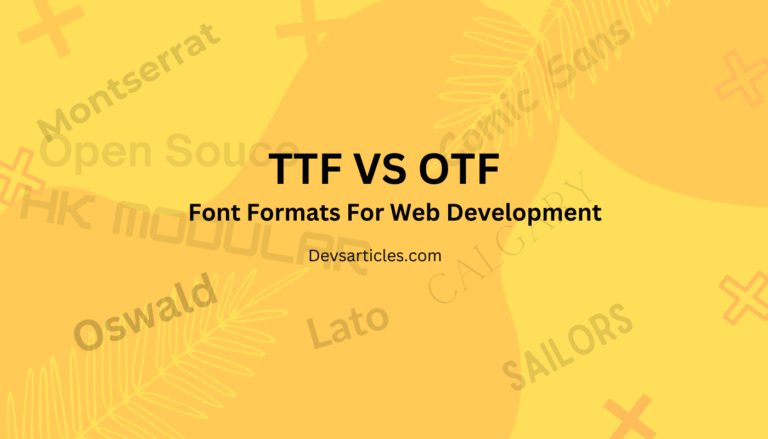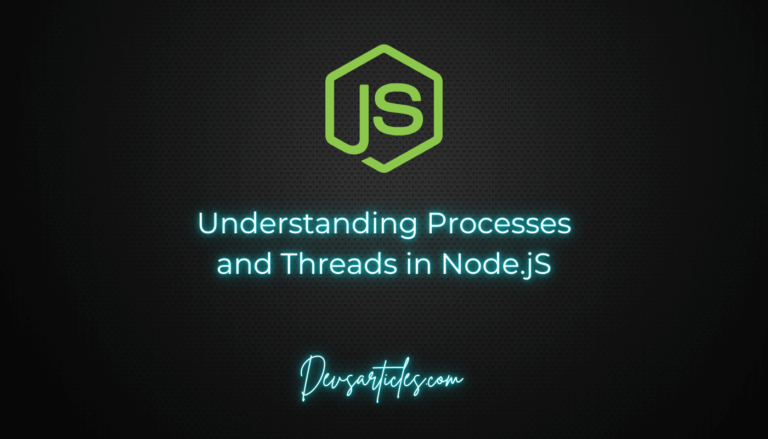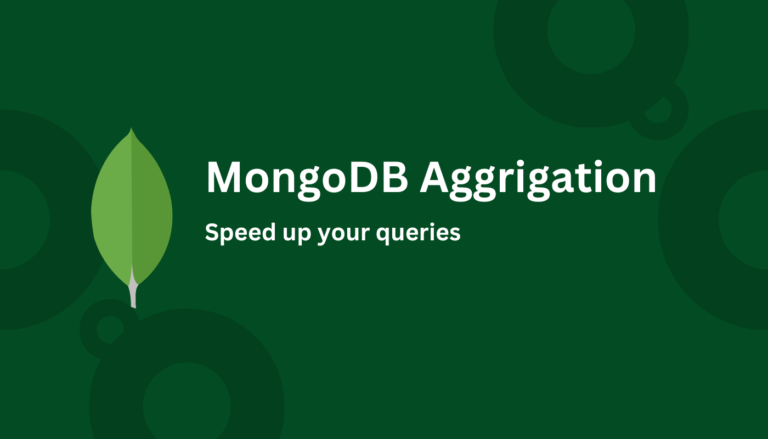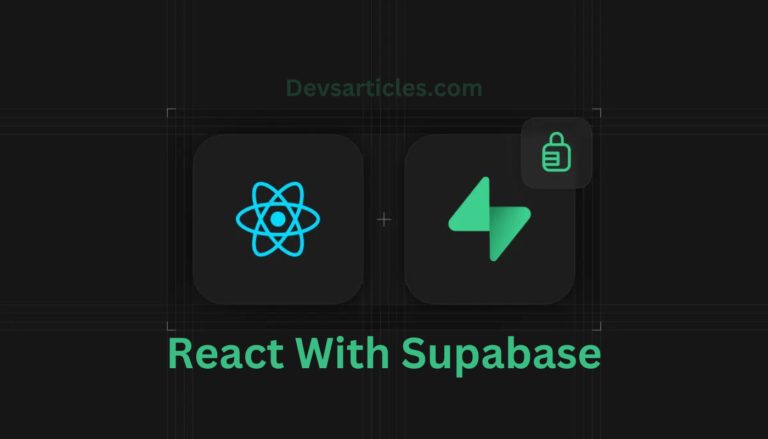MongoDB and MongoDB Atlas: A Complete Guide

Introduction to MongoDB and MongoDB Atlas
Let’s dive into MongoDB. A powerful tool in the world of managing data. MongoDB stands out for its flexibility, changing the game for developers working with data. We’ll walk through the basics and explore its cloud version MongoDB Atlas which takes the MongoDB experience to the next level.
MongoDB is like a super-versatile toolbox for developers dealing with data. It’s flexible and makes handling data a breeze. Now MongoDB Atlas is like the upgraded version making the whole MongoDB experience even better. We’re going to break down what makes MongoDB awesome and see how MongoDB Atlas kicks it up a notch.
Table of Contents
What is MongoDB ?
Think of MongoDB as more than just a database. It’s a whole new way of storing data. Picture it like a super-flexible filing system where data is kept in documents that look like JSON but they’re actually called BSON. In this part we’re going to dig into the basic ideas that make MongoDB stand out.
Key Features Of MongoDB
- Flexible Document Storage : MongoDB stores data in a unique way. Think of it like having a flexible filing system that can handle all sorts of data. Unlike traditional databases MongoDB’s documents support nested structures and can adapt to changes easily. This flexibility is great for modeling real-world things.
- Collections and Documents : Data in MongoDB is organized into collections kind of like tables in regular databases. But here’s the cool part each piece of data or document in these collections can have different fields. This shows off MongoDB’s schema-less nature meaning you’re not tied to a strict structure.
- Easy to Connect : Connecting to MongoDB is straightforward. Especially with popular programming languages like JavaScript and Node.js. Install the MongoDB driver. Create a connection and you’re ready to interact with your database.
- Querying with MongoDB Query Language (MQL) : To work with MongoDB. you use the MongoDB Query Language (MQL). It’s like your toolkit for talking to the database. MQL gives developers a bunch of powerful commands to ask for specific data or make changes. It even has features like indexing and aggregation which help you find and analyze data efficiently.
- Scalability through MongoDB Sharding : MongoDB is a champ at scaling. It can handle large amounts of data and traffic by spreading it across multiple servers using a technique called sharding. This is like having many hands to carry a heavy load making MongoDB great for big datasets and lots of users.
What is MongoDB Atlas ?
MongoDB Atlas brings the advantages of MongoDB into the cloud. Providing a completely managed, easily scalable and secure platform as a service for databases. In this section we’ll explore powerful capabilities that MongoDB Atlas offers.
Key Feature of MongoDB Atlas
- Effortless Deployment and Scaling : MongoDB Atlas makes setting up a database a breeze. It automatically takes care of creating clusters. Plus when your app needs more power you can easily expand your clusters without getting into the nitty-gritty details.
- Top-Notch Security Measures Of MongoDB atlas : Security is a big deal for MongoDB Atlas. It’s got your back with data encryption both when it’s moving around and when it’s chilling in storage. There are also strong authentication methods and network safeguards to keep out any unauthorized guests.
- Rock-Solid Data Protection In MongoDB Atlas : Worried about losing data? MongoDB Atlas has you covered with automatic and on-demand backups. If something goes wrong. You can turn back time and restore your data to any point. It’s like having a safety net against accidental deletions or data hiccups.
- Easy Monitoring and Insights : MongoDB Atlas comes with a central dashboard that keeps an eye on your database’s health and performance. You can see what’s going well and what might need a tweak. There are even tools for in-depth analytics to help fine-tune how your database works.
Advance Features Of MongoDB
MongoDB isn’t just a place to store data. It’s like a toolbox for developers with some really cool tools. In this part we’ll explore these special features that help developers tackle tricky situations and do some pretty advanced stuff.
- Aggregation Framework for Data Transformation : MongoDB Aggregation Framework is like a magic wand for developers. It lets them do fancy things with data right inside the database. Using tools like $match, $group and $project, developers can effortlessly perform complicated data tricks and get the results they need without breaking a sweat.
- Geospatial Indexing for Location-Based Queries : MongoDB natively supports geospatial data through geospatial indexing making it an ideal choice for applications requiring location-based queries such as mapping and geofencing.
- Text Search Capabilities : MongoDB provides a full-text search capability enabling developers to search and retrieve information based on textual content efficiently. This feature is particularly valuable for applications with extensive textual data.
- Real-Time Data Synchronization with Change Streams : MongoDB’s Change Streams feature allows applications to subscribe to changes in a collection in real-time. This makes MongoDB suitable for building reactive and responsive systems that require immediate updates.
Real-World Applications and Industry Adoption
MongoDB’s adaptability makes it suitable for a myriad of applications across diverse industries. Let’s explores real-world use cases where MongoDB has made a substantial impact:
- MongoDB for Content Management Systems (CMS) : MongoDB’s document-oriented structure makes it well-suited for content management systems where varied content types can be stored and retrieved seamlessly.
- MongoDB for E-commerce Platforms : MongoDB’s ability to handle large datasets and scale horizontally is a boon for e-commerce platforms dealing with extensive product catalogs and user interactions.
- IoT Applications : MongoDB’s support for dynamic schemas and real-time data processing positions it as an ideal database for Internet of Things (IoT) applications. Efficiently managing diverse and rapidly changing data generated by IoT devices.
- Financial Services : MongoDB’s ACID compliance and horizontal scalability make it a trusted choice for financial applications. Ensuring data consistency and high throughput.
A Journey Through MongoDB and MongoDB Atlas
In this guide we talked about the basic ideas of MongoDB looked at how MongoDB Atlas works in the cloud and explored some fancy features and real-life examples. MongoDB is like a superhero for developers helping them make strong and flexible apps. MongoDB Atlas is like its magical sidekick in the cloud making data management easy and cool. Whether you’re a pro at coding or just starting using MongoDB and MongoDB Atlas can help you create all sorts of amazing apps. Here’s to a future where managing data is exciting and full of possibilities!
FAQs
What is MongoDB and how is it different from traditional databases?
MongoDB is a NoSQL database that uses a document-oriented model storing data in BSON documents. Unlike traditional relational databases MongoDB doesn’t require a fixed schema and allows for flexible JSON-like documents.
How does MongoDB handle scalability?
MongoDB achieves scalability through horizontal scaling. Distributing data across multiple servers using a sharding strategy. This allows it to handle large amounts of data and traffic efficiently.
What is MongoDB Atlas and why use it?
MongoDB Atlas is a cloud-based database service that offers a fully managed and scalable solution. It automates tasks like deployment, scaling and backups. Making it easier for developers to focus on building applications rather than managing infrastructure.
How does MongoDB handle security concerns?
MongoDB provides robust security features including encryption at rest and in transit authentication mechanisms and network isolation. These measures ensure that data stored in MongoDB remains confidential and protected from unauthorized access.







4 Comments
Comments are closed.